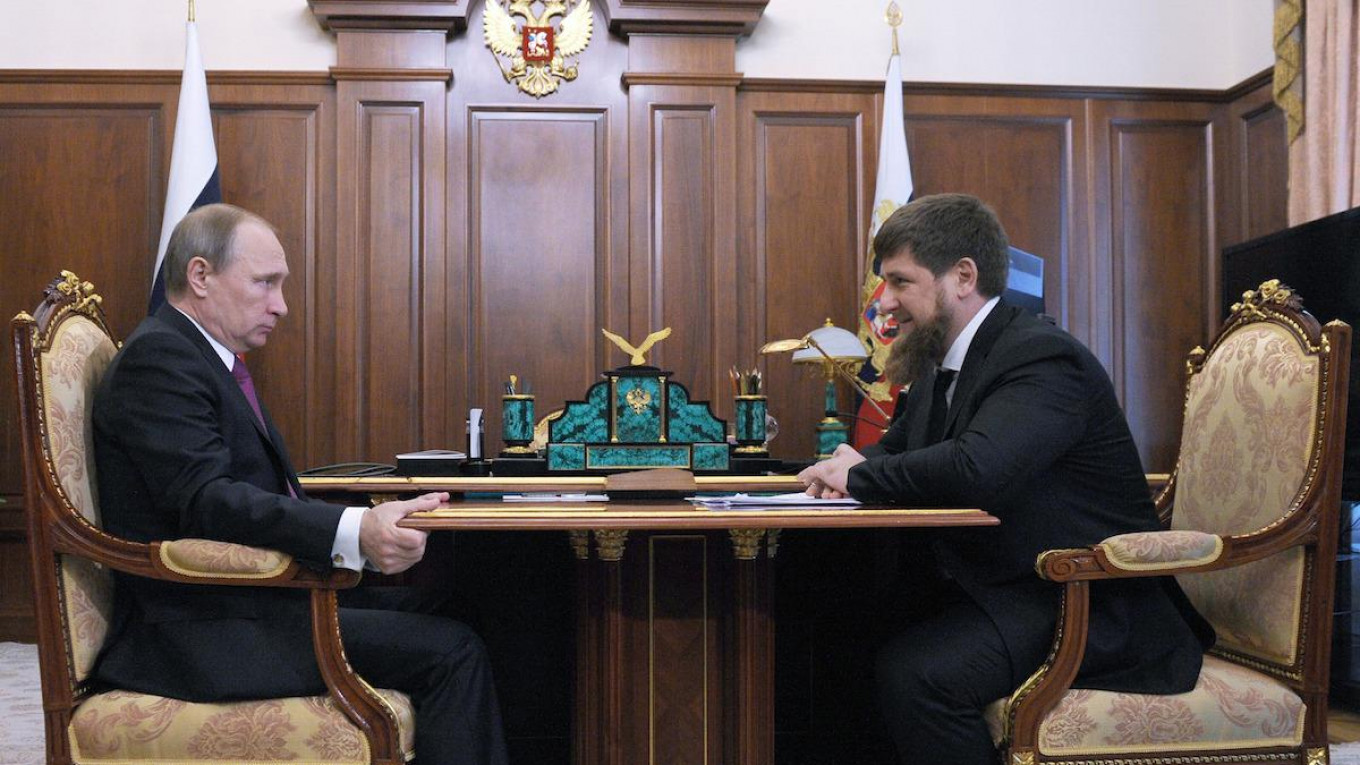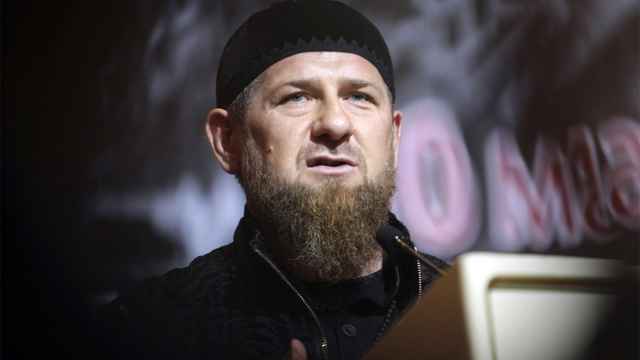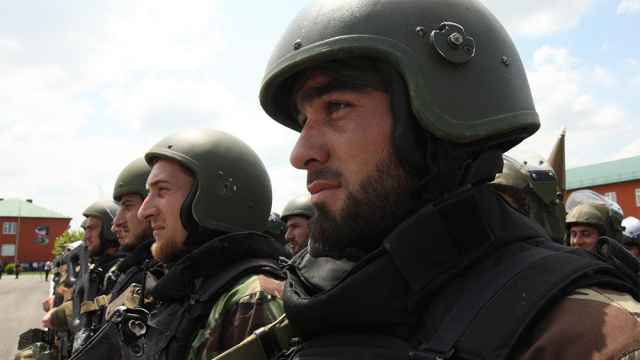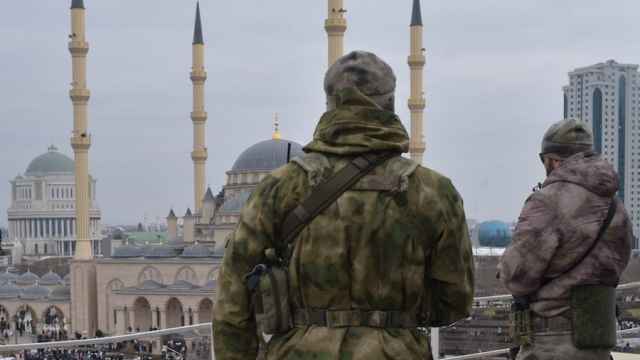Russian President Vladimir Putin will raise the issue of Chechnya's violent crackdown on gay men with state law enforcement agencies, according to information on the Kremlin website. The promise came during a meeting with Human Rights Ombudswoman Tatyana Moskalkova.
The president's comment represents a tacit admission that the federal authorities cannot depend on their Chechen counterparts to independently investigate reports of detentions of gay men.
Putin met with Moskalkova today to receive a copy of Russia's annual human rights report May 5. During the meeting, the ombudswoman said she filed several petitions with Russian law enforcement to investigate complaints that Chechen authorities were violating the rights of gay men. She then asked Putin to “order the creation of an interagency working group” in Moscow, “not in Chechnya,” that could accept complaints from Russian citizens.
Investigating the accusations has been complicated by the fact that “people aren't ready to state their name,” Moskalkova said. But Russian law allows victims and witnesses to report crimes confidentially, she added.
In response, Putin promised to speak with the State Prosecutor and Interior Ministry “so that they support you in the areas you have just raised,” according to a transcript of the discussion.
Last month, Russia's Novaya Gazeta newspaper reported that Chechnya had launched a massive crackdown on gay men in early 2017. Chechen security forces had kidnapped and tortured at least 100 suspected gay men and killed at least three, the newspaper reported. The shocking story provoked outrage around the world.
Russia's official response has been lukewarm at best. Chechen officials have outright denied the accusations, even going so far as to call the reports “slanderous.” They suggested that gay people do not exist in the conservative, Muslim-majority North Caucasus republic.
On April 17, the Chechen prosecutor's office launched an investigation into Novaya Gazeta's accusations, a moved that inspired little public confidence.
Despite this, a week later, Kremlin Spokesman Dmitry Peskov told reporters that the Russian authorities had “no reason to doubt” Ramzan Kadyrov, Chechnya's longtime ruler, when he denied his police are terrorizing gay men.
A Message from The Moscow Times:
Dear readers,
We are facing unprecedented challenges. Russia's Prosecutor General's Office has designated The Moscow Times as an "undesirable" organization, criminalizing our work and putting our staff at risk of prosecution. This follows our earlier unjust labeling as a "foreign agent."
These actions are direct attempts to silence independent journalism in Russia. The authorities claim our work "discredits the decisions of the Russian leadership." We see things differently: we strive to provide accurate, unbiased reporting on Russia.
We, the journalists of The Moscow Times, refuse to be silenced. But to continue our work, we need your help.
Your support, no matter how small, makes a world of difference. If you can, please support us monthly starting from just $2. It's quick to set up, and every contribution makes a significant impact.
By supporting The Moscow Times, you're defending open, independent journalism in the face of repression. Thank you for standing with us.
Remind me later.






